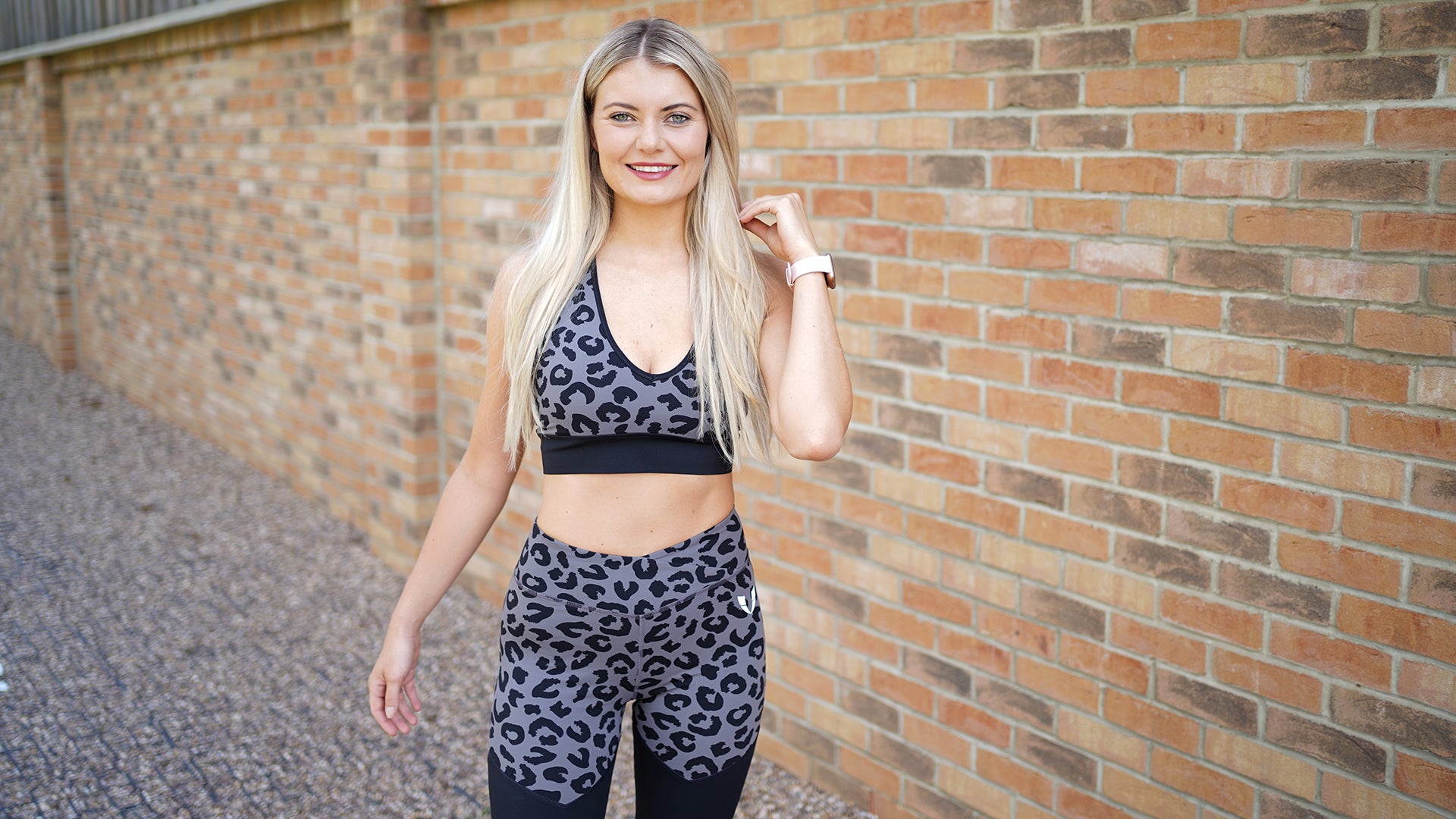
Walking vs running: which is better for health?
Running and other high-intensity exercises improve your fitness. Walking and running are good ways to lose fat and keep your heart healthy. The advantages and risks are determined by the individual's goals and present state of fitness. Going faster will almost always cover more distances, burn calories, and train the muscles harder in the same period.
Brisk walking is a great moderate workout for lowering health risks, increasing fitness, and aiding weight loss. While both sports help people lose fat, stay slim, and reduce their risk of cardiovascular disease, there is a lot of disagreement about which is superior.
Benefits of Walking and Running
Walking at a slower speed to engage in your daily 30 minutes of exercise has numerous advantages. Below are mentioned some of the benefits:
There are Fewer Injuries
Walking causes much fewer injuries than jogging walking causes the lesser accidents of any aerobic activity. Running accidents, and stress from lengthy runs like marathons, have long been believed of causing alterations that can contribute to osteoarthritis, particularly in the knees. According to experts, up to 50% of all athletes are impacted by running accidents every year, which can cause long-term damage.
With each movement, runners contact the floor with three times the body mass, but walking generates only 1.5 times the body mass.

If You're Obese or Have Joint Issues, This is Critical
If you go on a walk, you will feel less tired. Walking reduces the body's tearing. Waling is a weight-bearing action that may help to reduce bone loss.
Visible and Long-term
Jogging, skipping rope, strength exercises, and boot camp exercises are just a few examples of high-intensity sports that are proven to burn a lot of calories in a small amount of time. However, not everybody can keep up with these exercises for longer to have an impact.
Walking may be Done for Extended Periods
Anyone who can sprint for more than six or ten minutes, for instance, may be able to maintain a fast walking speed for 45 minutes while burning more calories.
Additionally, if jogging is more pleasant, you are much more likely to keep up with it regularly. The final lesson is that you'll be able to lose more weight by walking on a regular, sustained basis rather than random, brief bouts of higher-intensity activity.
It's Pleasurable, Social, and Stress-relieving
Walkers can relax, enjoy the view, explore a trail, visit a store, or grab a bite. Athletes jog regularly, anxious to get the workout in.
Walking is proved to be beneficial to one's health in studies. Walking in a garden or a naturalistic environment might help relieve tension and anxiety. A stress-relieving stroll can be done at any moment.
Walking is a great social thing that virtually everyone may participate in. Walking is suitable to obtain some fitness while still having in-depth chats with family members and friends because it isn't too hard to prevent you from talking.

Less Perspiration
In many regions, you can go for a stroll during lunchtime without requiring to shower afterward, whereas a jogging exercise will.
When you walk instead of run in warm temperatures, you'll be less likely to experience heat illness, however, you should still take steps to avoid overheating.
Walking vs. Running, Which is Better for Health?
Walking vs running are two popular methods for getting a good cardio workout. Is a quick walk, however, as effective as a hot, heart-pounding move? Whenever it comes to reducing the risk of heart disease, scientists found that walking is exactly as effective as running.
Researchers looked at the fitness of 48,000 joggers and walkers, most of whom were in their 40s. They discovered that walking, when compared to running, reduces the risk of diabetes, heart problems, and hypertension by the same amount. What's the difference? Since walking requires more time than running over the same length, you need to invest additional time walking to reap the same medical benefits.
15-minute jogging, for example, eliminates about the same amount of energy as a half-hour quick walk. Remember that runners have a higher risk of injury since running exerts more strain on the body, particularly the joints.
There are so many benefits of walking as compared to running. Running will burn more calories than walking. Walking will help you to get in shape if you are new or face problem while running. Walking does not need much strength and everyone can do it. It will help in reducing the chances of heart diseases and you will feel energetic.

Is Walking Better than Running?
Runners must put on specific running attire, whereas walkers can frequently go in whatever they are in, except comfortable shoes. While sports apparel is recommended for a treadmill running session, you can go for a good, quick walk without it. Running is a perfect technique to shed pounds and maintain healthy weight. You will get tired while running and there are chances you suffer from cramps. You must prefer walking to prevent cramps.
Wearing comfy shoes, you can go to work or complete your regular errands. This will assist to prevent long periods of sitting, which can result in higher health hazards.
If you're a jogger, you should take precautions to avoid injury. Attempt to cross-train multiple times per week and never raise the mileage too rapidly. Alternatively, go for a walk. Walking provides much of the same medical benefits as running but without the same potential injuries. Try interval strolling instead of running.
Conclusion
You must try brisk walk rather than jogging if you want an alternative to shed some pounds. Alternately, go for a walk while holding light weights in each hand. It is advised to increase your pace slowly. Increasing your pace immediately will result in knee problems and cramps.
When compared to walking, running eliminates more calories each minute. Walkers, on the other hand, can lose the calorie by walking for longer periods. Both are effective ways to lose weight, improve mental, and improve general health. The researchers did not address whether strolling or running can improve cardiovascular health and circulation.




Lascia un commento
Questo sito è protetto da hCaptcha e applica le Norme sulla privacy e i Termini di servizio di hCaptcha.